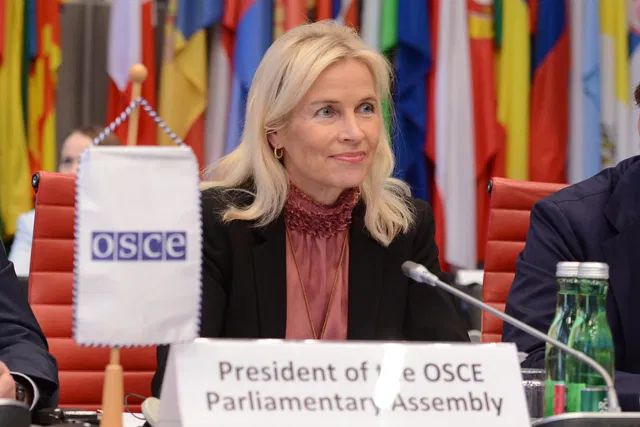The article discusses the legitimacy of the Georgian government following the 2020 parliamentary elections, which were observed by the Organization for Security and Co-operation in Europe (OSCE) Office for Democratic Institutions and Human Rights (ODIHR). The author, a representative from OSCE/ODIHR, emphasizes that their report did not judge the legitimacy of the government but rather highlighted shortcomings and provided recommendations for improvement.
The author underlines that the elections were carried out and the Georgian people’s will had been manifested, citing both the opposition and the ruling party as having viewed the elections as a criterion for legitimacy. The OSCE/ODIHR representative also notes that their organization aims to remain neutral, observing elections, analyzing shortcomings, providing recommendations, and helping implement them.
Regarding the report’s content, the author explains that ODIHR focuses on competitiveness and whether parties could campaign freely, rather than labeling elections as “free and fair.” However, they acknowledge that this approach may not capture the full picture, as some countries like Turkmenistan, Uzbekistan, Belarus, and Kazakhstan have been labeled as non-competitive despite not being as bad as Georgia’s elections.
The author emphasizes that every country is different, and every election system has its unique characteristics. They suggest looking at the big picture, including consecutive elections and improvements made between them, rather than comparing countries to one another.
The article concludes by stating that the OSCE/ODIHR representative would promote dialogue in any case, including if a similar report were published about Finland, highlighting the importance of facilitating communication between different parties.













